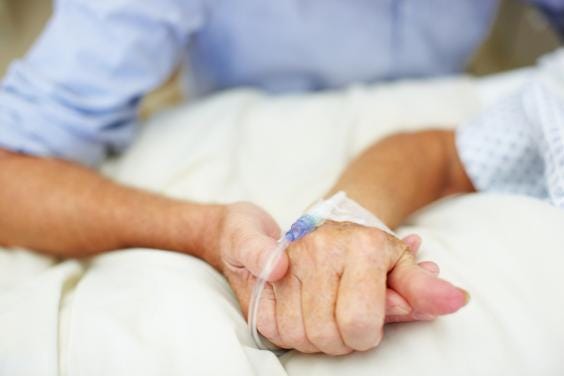
Chemicals found in fossil fuel-powered vehicle exhausts, cosmetics, electric and traditional cigarettes, glue and building materials may increase the risk of cancer because they can interfere with the body’s natural repair mechanism, according to a new study.
Researchers found that formaldehyde “stalls and destabilises” structures involved in replication of DNA and “selectively depletes” the BRCA2 gene, which helps suppress tumours.
They suggested the chemical and other aldehydes might trigger cancer in people with a faulty copy of the gene.
However, another scientist, commenting on the research, said it was “rather misleading” to suggest that everyday items containing the chemical, like shampoo, could be an “important cause of cancer in humans”.
Many things are carcinogenic but the effect is so low they are not considered major health problems. For example, toast, coffee, sunlight and granite all increase the risk of cancer.
But, writing in the journal Cell, the researchers said their discovery of aldehydes’ effect on DNA could be important.
“The public health significance of our findings is emphasised by the ubiquity of exposure to formaldehyde and acetaldehyde, particularly in the urban environment, from sources including tobacco smoke, e-cigarettes, automobile combustion emissions, building materials, and even cosmetics,” they said.
And Professor Ashok Venkitaraman, director of the Medical Research Council Cancer Unit at Cambridge University, added: “Our study shows how chemicals to which we are increasingly exposed in our day-to-day lives may increase the risk of diseases like cancer.”
He said people who inherited a faulty BRCA2 gene might be particularly affected by the chemicals.
“It helps to explain why ‘the faults in our stars’ – namely the faulty genes we are born with – could make some people particularly sensitive to the cancer-causing effects of these chemicals,” Professor Venkitaraman said.
“An important implication of our work is that it may be aldehyde exposure that triggers cancer susceptibility in people who inherit one faulty copy of the BRCA2 gene.
“This may help us in future to prevent or treat cancer in such people.”

